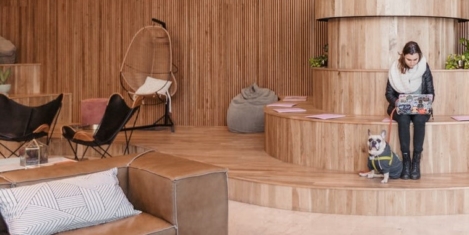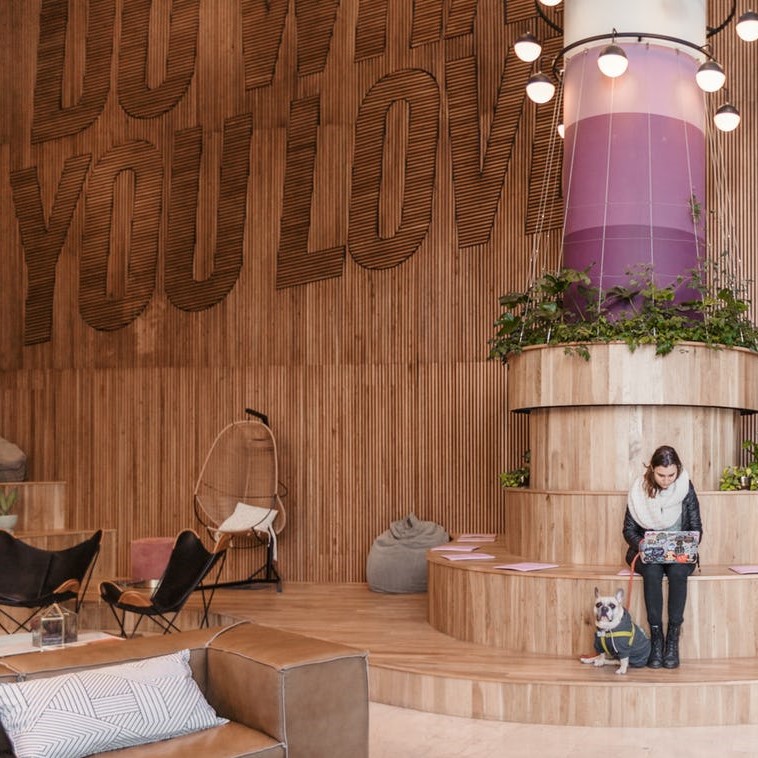September 13, 2023
Half of firms won’t meet 2030 decarbonisation target, report claims
 A new report from Siemens Infrastructure claims that there is limited agreement amongst businesses on how best to progress towards a decarbonised and resource-efficient world and under half expect to meet their net zero targets based on current thinking. According to the Transition Monitor 2023: The Great Divide on The Path to Net Zero report, whilst more than half of those surveyed believe the infrastructure transition is accelerating in their region, a quarter of senior executives said that progress on decarbonisation is “too slow”, while 29 percent believe progress is “coordinated”, and 31 percent describe it as “on target”. More →
A new report from Siemens Infrastructure claims that there is limited agreement amongst businesses on how best to progress towards a decarbonised and resource-efficient world and under half expect to meet their net zero targets based on current thinking. According to the Transition Monitor 2023: The Great Divide on The Path to Net Zero report, whilst more than half of those surveyed believe the infrastructure transition is accelerating in their region, a quarter of senior executives said that progress on decarbonisation is “too slow”, while 29 percent believe progress is “coordinated”, and 31 percent describe it as “on target”. More →















































August 7, 2023
Rummaging through the workplace memory hole
by Mark Eltringham • Comment, Flexible working, Property, Technology, Wellbeing, Workplace design